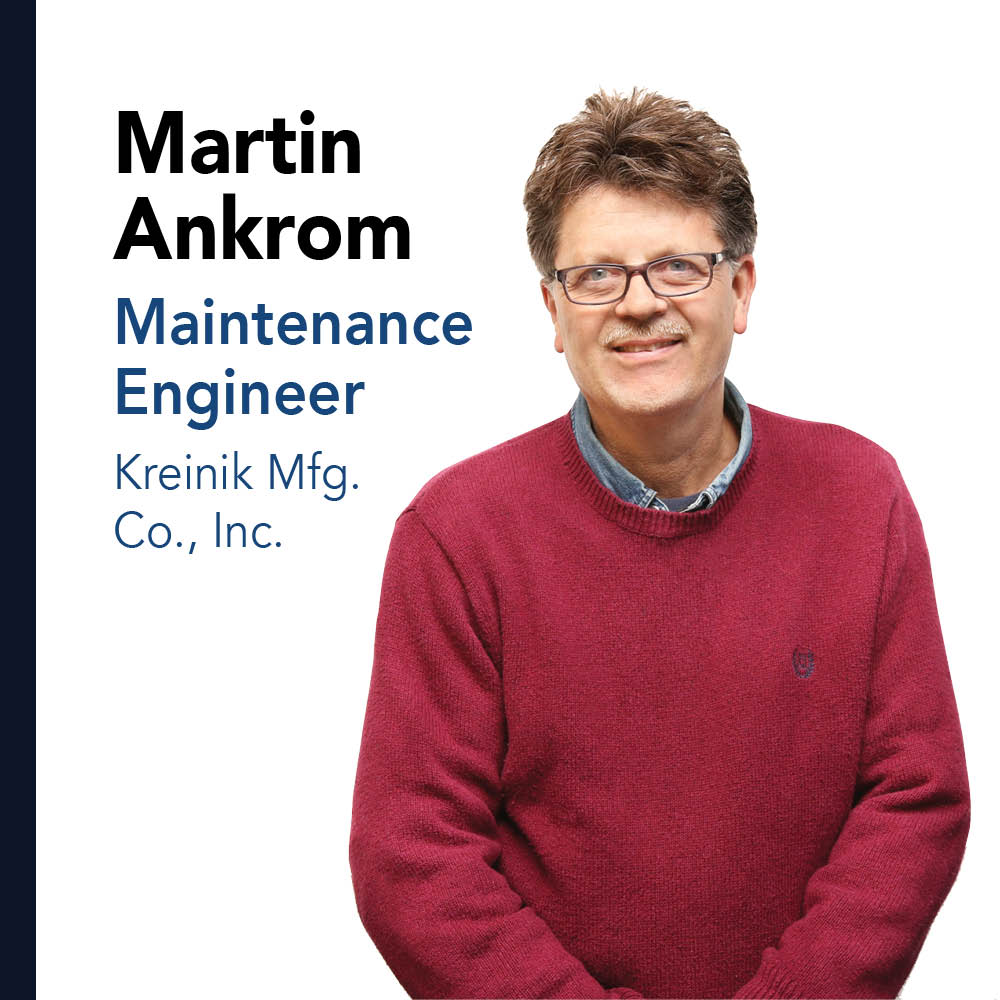I was just a kid when construction began on the current campus. I grew up close by and saw it as my own from the start. Back then, it was called Parkersburg Community College (PCC), and folks around would say, “you live there, you go there!” I always knew I was going to study at PCC. It’s been years since I graduated, but even now, I’m proud of what’s happening at the college.
When I enrolled, I took a lot of technically derived classes, including physics, strength of materials, and design. So many other courses were in the mix, but I looked forward most to those that showed me how things worked, and their engineering and design. I have always been able to draft a vision or idea on paper, but when I attended my first AutoCad class, I just knew I was onto something big.
While I attended classes, I worked in a local manufacturing facility on a variety of shifts. I worked hard to support myself, pay rent, utilities, and family expenses. As I pushed through, I experienced several moments of doubt and disappointments. But the first time I was handed a graded exam from a class that really challenged me, and heard the instructor say, “you did a great job,” I knew it was worth it. I was in it for the long haul.
I started working midnight shifts and taking classes after work. I worked around class times and slept whenever I could. Admittedly, there were classes I slept through, but I had a recorder with me, and after the course, I would intently listen to the tape to keep up with the lectures; I never missed out.
My advice to students is be organized and write down or record what you learn to build a personal reference library. Trust me on this. I have collected catalogs on every machine I’ve worked on, and organized them for quick reference. Now when there is a problem with any of them, I can troubleshoot and repair with a lot fewer headaches and more precision. Start this practice now by merely taking notes during class, then review and organize them after; this practice will be so beneficial later in your career.
Today’s workforce demands require so many different skill sets that a potential employee has to be more organized and focused in specific areas. My success comes in part from learning how patience is necessary to be successful with troubleshooting and working through the “How it does that” theory. I first learned this from some intense PCC instructors who truly cared about teaching me.
To pass on my knowledge, I’ve developed mentorship opportunities with students and graduates, and I genuinely enjoy sharing what I’ve learned with others! If you think you might be interested in engineering, machines, manufacturing, or even small business operations – let me know, and I can show you the Kreinik facility!

